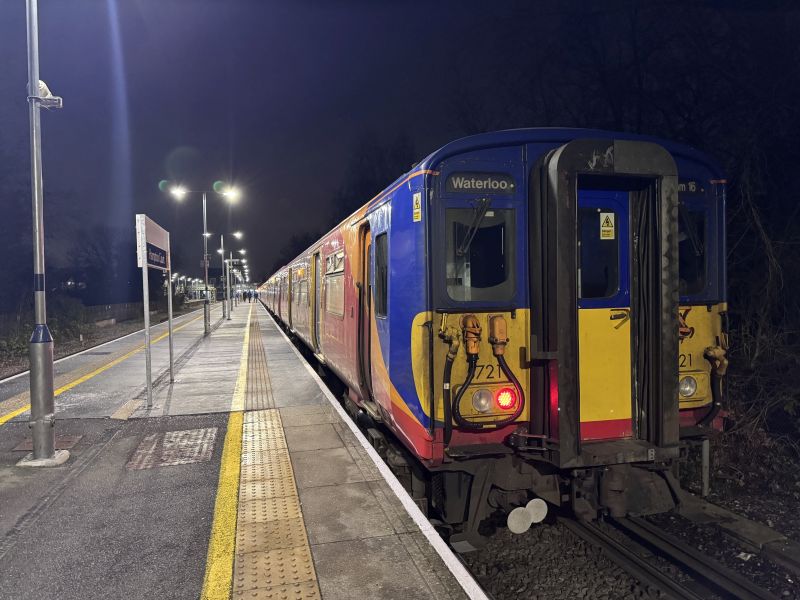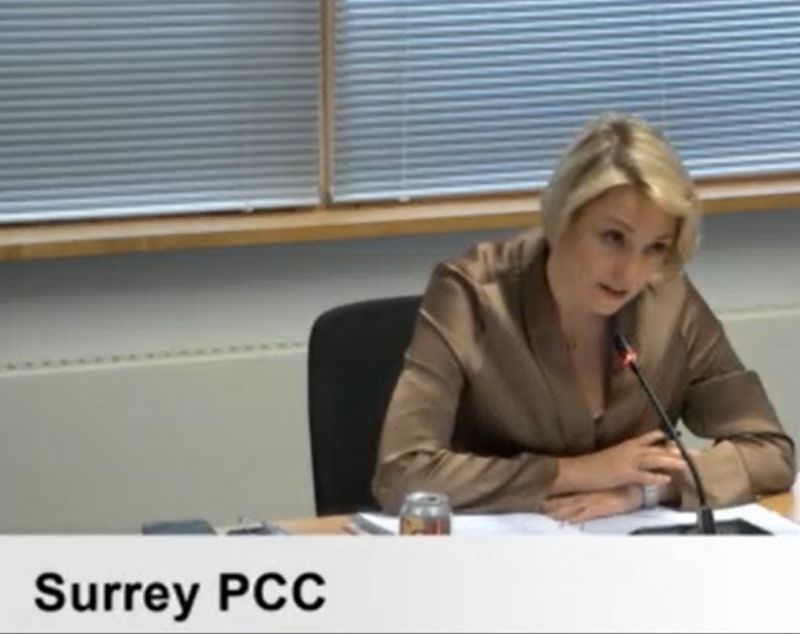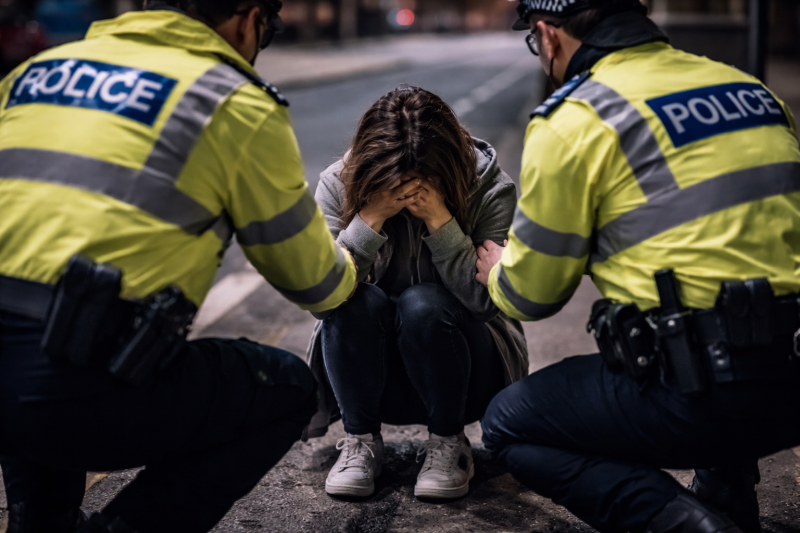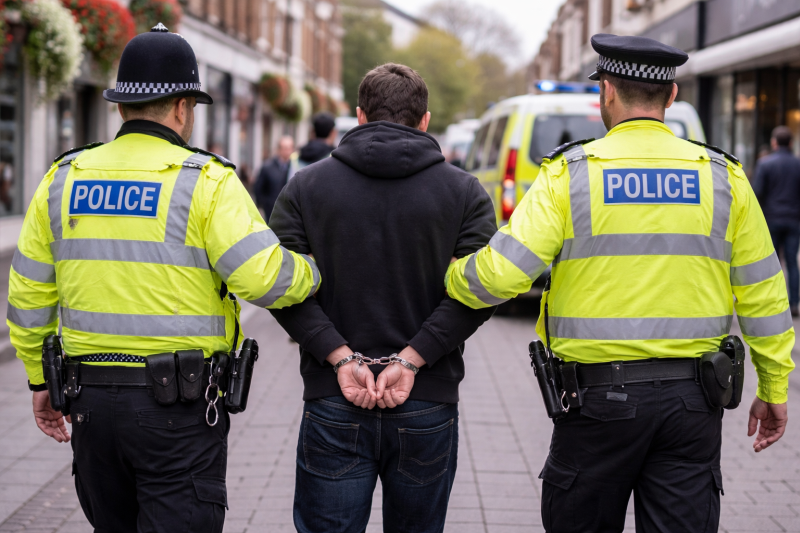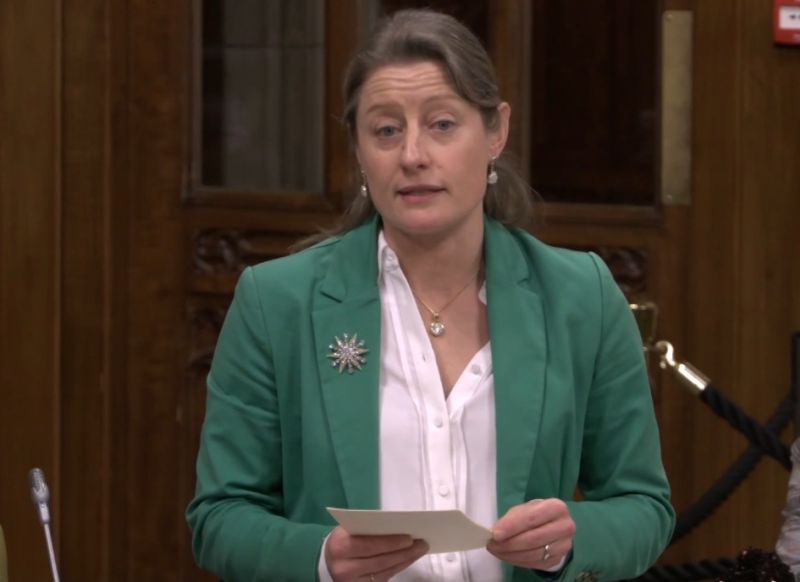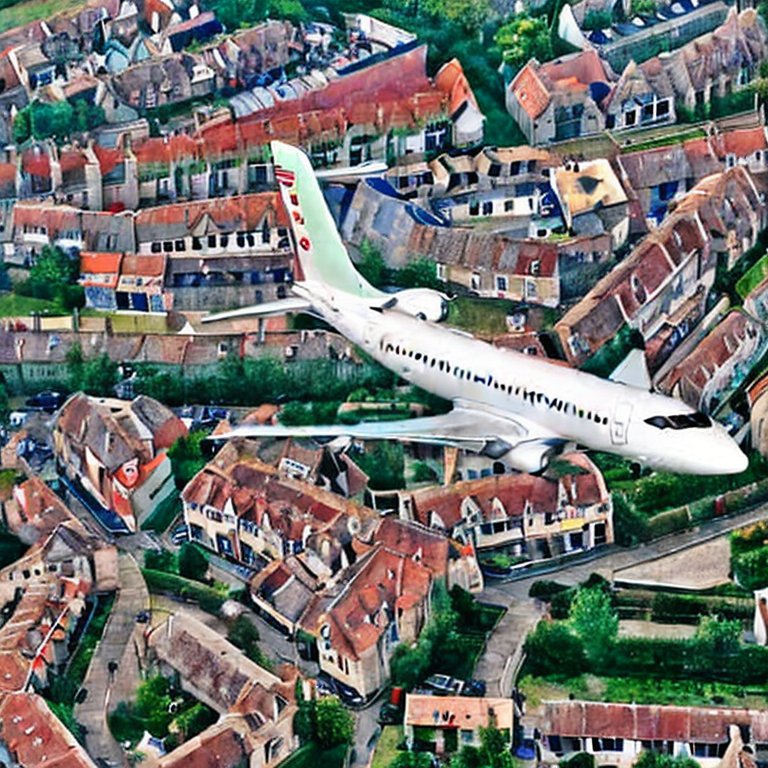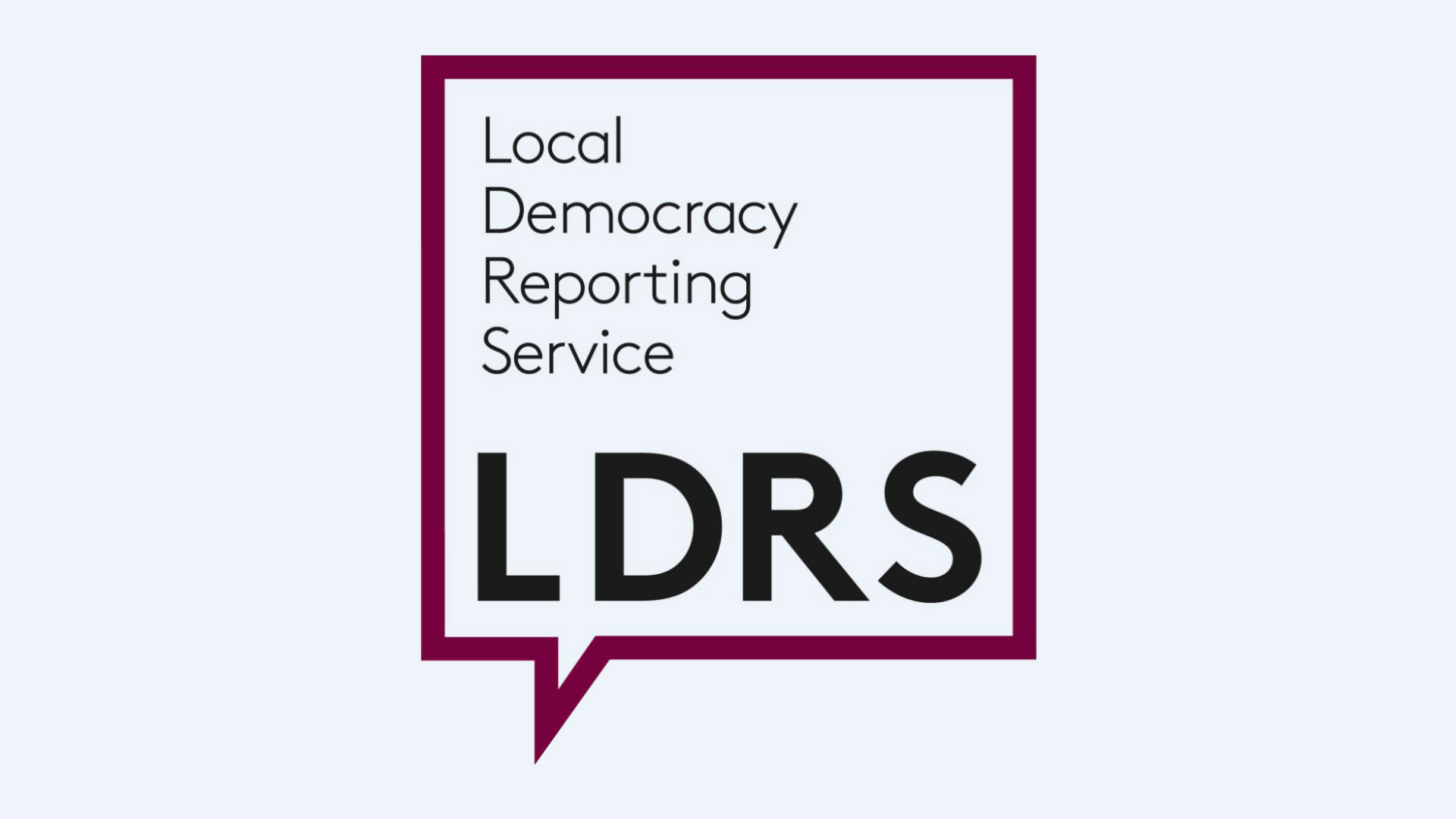Chance for Epsom and Ewell’s say on Heathrow flights
Epsom and Ewell residents see and hear planes flying to and from Heathrow Airport. They are usually at a height of 6,000 to 7,000 feet. A new consultation is out for everyone effected by flight noise and pollution from the main London Airports of Heathrow, Gatwick and Stansted. Chris Caulfield of LDRS reports generally on the topic and with reference to Gatwick in particular:
Communities living under the Gatwick flight path face trading off quieter modern aircraft for an increase in night flights. Current restrictions on night flights are due to expire in 2025 and the government is seeking views as part of its next night flight abatement policy.
It says it is aiming to balance the impact of sleep deprivation with the benefits to the wider economy.
Aviation minister Baroness Vere of Norbiton said: “There’s no doubt night flights have an effect on local residents underneath busy flight paths, but as aircraft become quieter, we have an opportunity to strike a balance to make sure we can support the aviation industry without having a debilitating impact on people’s lives. This consultation will help us to shape policy and create a flightpath towards a more sustainable approach to night-time aviation noise.”
Currently about 16 aircraft, about 80 per cent of Heathrow’s night flights, land at the airport between 4.30am and 6am. At Gatwick and Stansted, which are in more rural areas, the figures are higher.
Overall Heathrow can have 3,250 total night flight “movements” during seven summer months and 2,550 during winter. At Gatwick that figure is far higher at 11,200 in summer and 5,150 in winter, with Stansted taking 8,100 and 5,600 respectively.
Paul Beckford, chairperson of HACAN group which acts as a voice for those under Heathrow flight paths, said: “We welcome the recognition of the health impact of night flights which is a shift in the right direction, but we are worried about the change in wording in the economic benefits.”
He said the 16 flights currently arriving before 6am were “the most disturbing” and had a cumulative effect on people. Any one flight could wake a person up “but the real problem is when there are more and more flights coming. You wait for the next one. You are woken up at 4.30am and then you know another one is coming.”
Most night flights, he said, were long-haul trips in demand for their cargo haulage but Mr Beckford suggested these could be reorganised into the normal flight schedule which would both preserve people’s restful nights as well as bring economic benefits.
He cited the drop in aviation traffic post pandemic and the increase in online meetings as reasons for there being greater flexibility in runway slots.
Mr Beckford also questioned the consultation being carried out before the results of the Dr Charlotte Clark report into the health impacts of night noise was published – due out in 2024/25.
Sally Pavey, chairperson of the Community Against Gatwick Noise Emissions, said the group was pleased to see the “long-awaited” consultation but that night flight, and the subsequent noise, was “much hated by residents and well documented to cause health issues”.
She said: “We would like to see a ban on night flights at Gatwick Airport but we know that the airlines are far too powerful for this to ever happen no matter how many reports are produced by medical officials to the health impacts they have on those seeking sleep.
“The government needs to change its attitude towards aviation and seek to address this health risk that they are subjecting residents to every night in Surrey, Sussex, and Kent all the time they continue to allow holiday makers flying during the night. We can’t believe that bucket and spade travellers seeking all year round sun and leisure overseas really want to travel at night, so we can only keep up pressure on government and the airline to have night flights banned on health grounds.”
The six-week consultation is taking input and evidence from the aviation industry and communities before forming the backbone of to manage aviation noise from October 2025.
Once decided upon, the government said it will pursue the “most cost-effective measures for achieving the desired outcomes”.
Night noise at airports was last consulted on in December 2020 which resulted in rolling over existing restrictions from October 2022 to October 2025.
The consultation closes on May 9 and is available here.










